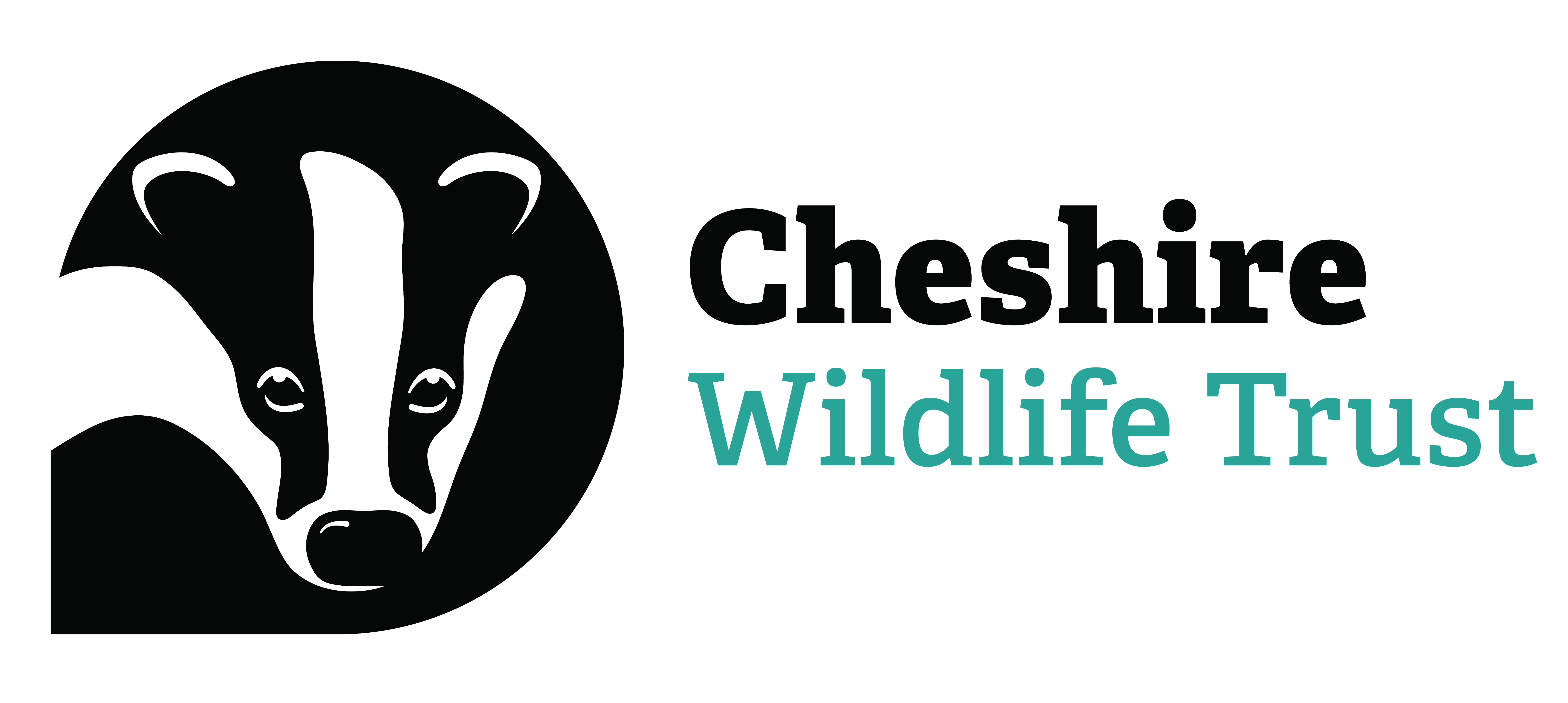On Saturday 24 August, a wildfire spanning more than 800 metres broke out at our Cleaver Heath Nature Reserve. The fire brigade responded swiftly, arriving with four engines at 11:36 am and fully extinguishing the blaze by 12:58 pm.
We’re extremely grateful to the fire service for their swift and professional response, their quick action prevented what could have been an even more devastating outcome. While we're relieved the blaze was contained, we are deeply concerned about the damage to this rare heathland and the species that depend on it.
Incidents like this are a stark reminder of just how vulnerable these habitats are and how vital it is that we all play a part in protecting them.
Immediate impact and response
The fire appears to have been started by a makeshift firepit constructed directly on the heather at the bottom of the slope. It then spread into neighbouring vegetation and quickly moved across the reserve, undoubtedly accelerated by the long dry spell and the highly flammable nature of the heathland itself.
Graham Borden Long, our Living Landscape Officer, said:
“Cleaver Heath is part of the Heswall Dales Site of Special Scientific Interest (SSSI) and is protected due to the rare and vulnerable habitat found at the reserve. The fire at this time of year will have had a huge impact on a vast number of invertebrates, reptiles, and nesting birds.”





